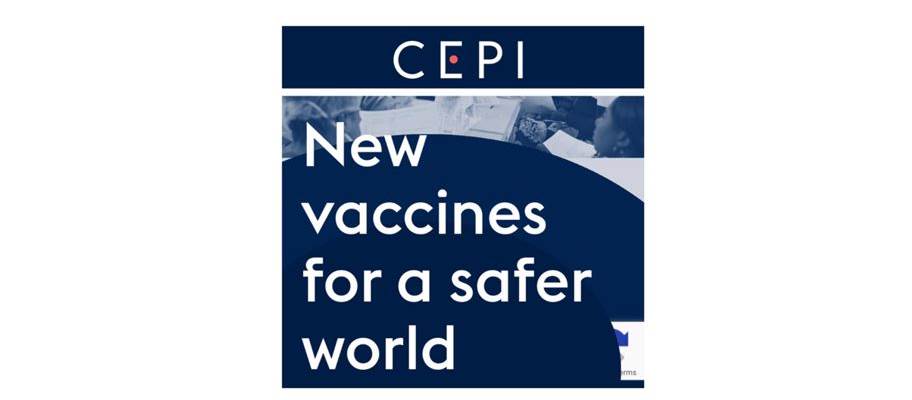Press release | Date: 18/03/2020
|
Press release | Date: 18/03/2020 Several countries are now supporting Norway’s appeal for funding for the development of a vaccine against the Covid-19 virus. Germany, Sweden, Finland and Denmark are among the countries that are now pledging millions. Prime Minister Erna Solberg and Minister of International Development Dag-Inge Ulstein launched a concerted effort to mobilise funding from donors in January, following a meeting with Richard Hatchett, Chief Executive Officer of the Coalition for Epidemic Preparedness Innovations (CEPI). Prime Minister Erna Solberg has been in direct contact with Angela Merkel, Emmanuel Macron, Justin Trudeau and several other heads of state and government to raise the funding needed for the development of a vaccine. Mr Ulstein and Minister of Health and Care Services Bent Høie have also been contacting their colleagues in other countries. In the last few days, Germany has promised to provide NOK 1.6 billion (EUR 140 million) and Finland has announced a contribution of NOK 29 million, and on Tuesday Denmark pledged to provide NOK 15 million. The most recent pledge came from Sweden. Norway announced as early as January that it was allocating NOK 36 million to CEPI’s work to develop a vaccine against Covid-19. This funding is in addition to Norway’s ordinary contributions to CEPI, which will total NOK 1.6 billion for the period 2017-2025. ‘Nevertheless, we are still USD 250 million short of the funding we need to reach our goal of USD 1 billion in contributions to CEPI. It is important to get more countries and other actors on board so that we can work together to improve global health security,’ Mr Ulstein said. ‘Physical borders are being closed all over the world, but cooperation across national borders is now more essential than ever. World leaders need to stand together to respond to this crisis and must put any conflicts aside. The only way we are going to get through this without suffering intolerable losses is by standing together,’ he said. ‘It is now vital that neither countries nor commercial actors exploit the very difficult situation we are in to enrich themselves at the expense of the millions of people who risk falling ill. We must ensure that any vaccine that is developed is fairly distributed. Our hope is that a vaccine, or several vaccines, will be available in about 12 to 18 months’ time,’ Mr Ulstein said. The situation in Africa is particularly worrying now. According to the World Health Organization (WHO), countries in Africa have limited capacity to test for infection, and well-functioning health institutions and protective equipment for front-line health workers are in short supply. A major outbreak of the virus on the continent would cause suffering on a catastrophic scale. The Ebola outbreak in West Africa in 2014-2015 showed that the world needs to be far better prepared to prevent outbreaks of infectious diseases from spreading, and from affecting and killing large numbers of people. ‘The situation we are now in highlights only too clearly how vulnerable the world still is to outbreaks of this kind and how vital it is for world leaders to find solutions that can make us better prepared to deal with them. Norway is proud to have been involved in establishing CEPI and to be contributing to the efforts to develop vaccines against infectious diseases that we know can lead to major epidemics. Global health security needs to be improved, and vaccines are our best insurance against epidemics of this kind,’ Mr Ulstein said. About CEPI
|
